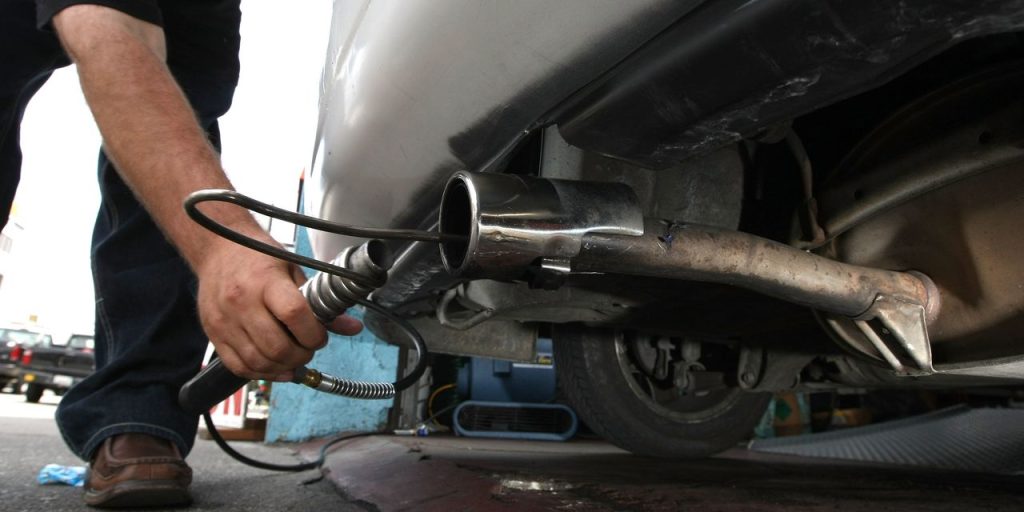The Biden administration is reportedly days from proposing the toughest-ever U.S. limits on emissions from cars, SUVs and pickup trucks, but will likely stop short of a ban on gas-powered vehicles and a mandate to buy electric.
The proposed standards on cars and light trucks is set to be announced Wednesday in Detroit, according to a report Thursday from Bloomberg News, which cited unnamed officials familiar with the regulation proposals.
The proposal is expected to govern tailpipe emissions of carbon dioxide, smog-forming nitrogen oxide and other pollution from vehicles manufactured for model years 2027 through 2032.
Even with federal rules under consideration, states are grappling with their own decision-making. As more buyers weigh an electric or hybrid gas-electric vehicle to save on volatility from gas prices
RB00,
-0.60%
or because of personal convictions when it comes to manmade climate change, some states have been leaning toward setting their own emissions standards, taking a lead from California.
Under the Clean Air Act, states must abide by the federal government’s standard vehicle emissions standards unless they at least partially opt to follow California’s stricter requirements.
Limits on vehicle pollution factor into a U.S. pledge to meet its Paris Agreement commitment to cut greenhouse gas emissions
CL00,
-0.19%
by at least 50% from 2005 levels by the end of the decade. Biden has laid down an ambition for at least half of all new vehicle sales to be electric models by 2030.
U.S.-based automakers General Motors Co.
GM,
-1.42%
and Ford Motor Co.
F,
-0.80%
remain generally bullish for EV sales in coming years, while overseas manufacturers, including Hyundai
005380,
,
plan U.S.-based battery factories in order to get more of their EV offerings to qualify for consumer breaks stateside. Still, environmental advocates say aggressive tailpipe standards are necessary in the years needed to build up greater EV adoption.
Environmental groups, public-health and EV market participants have lobbied the administration to ensure requirements for model-year 2030 vehicles are 75% tougher than those covering 2021 models.
GM, Ford and the makers who still need traditional autos to generate the revenue that will fund EV expansion have argued that emissions rules should be limited in scope and extend just a few years. Major EV-only producer Tesla Inc.
TSLA,
-0.25%
on the other hand has pushed for tougher emissions rules, which could help its sales.
The Environmental Protection Agency is poised to reject some environmental group requests to set standards through 2035, however. Automakers pushed for a shorter timetable, cautioning White House officials in a February meeting that the trajectory for EVs and emission reductions depends on factors outside their control, including investments in charging infrastructure and critical mineral production needed to make EV batteries.
The shift will require a “massive, 100-year change to the U.S. industrial base,” and the rule should be based on “a clear-eyed assessment of market readiness,” the Alliance for Automotive Innovation said Thursday, according to the Bloomberg report.
Read the full article here



